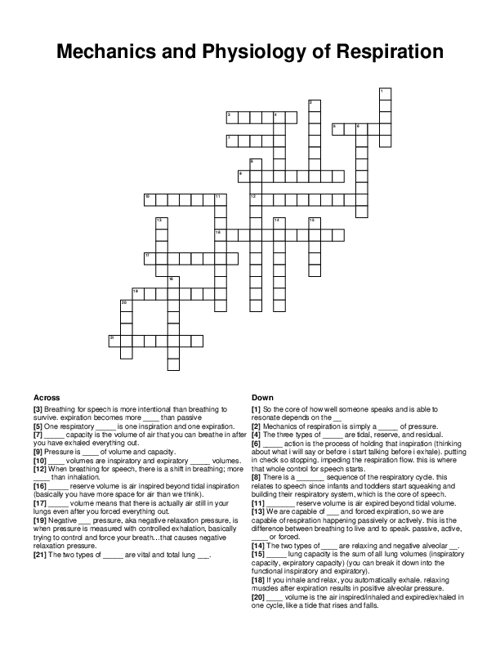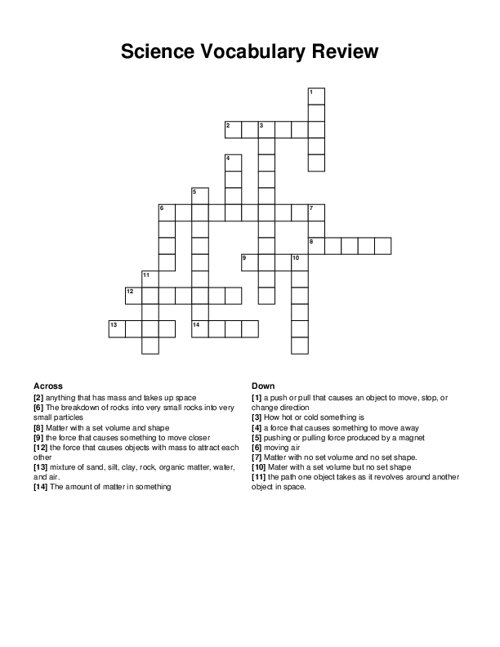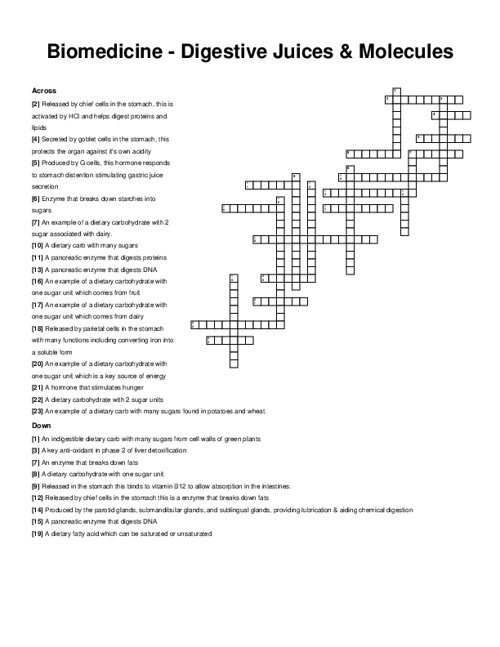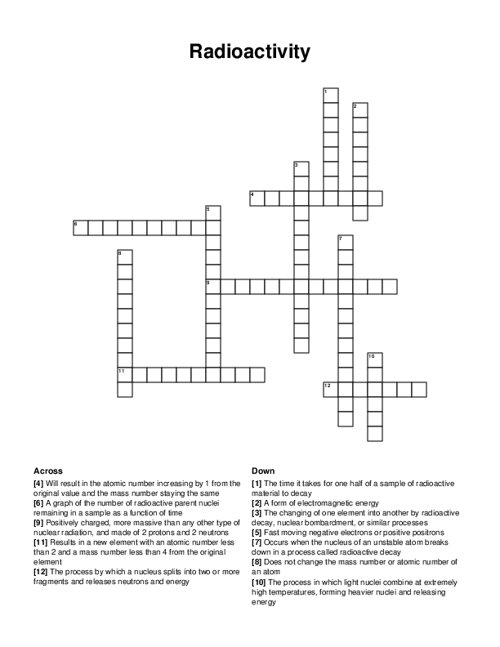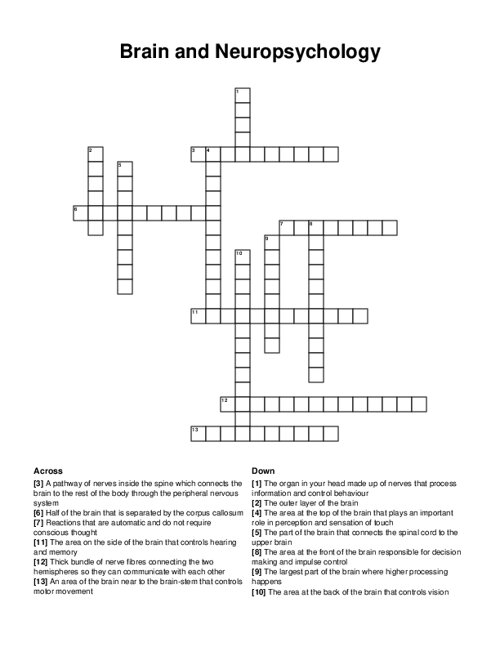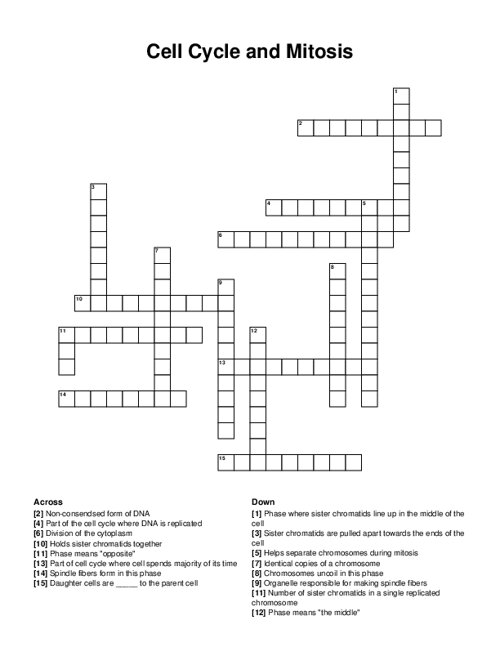Mechanics and Physiology of Respiration Crossword Puzzle
Download and print this Mechanics and Physiology of Respiration crossword puzzle.
Related puzzles:
QUESTIONS LIST:
- volume : the three types of _ are tidal, reserve, and residual.
- expiratory : _ reserve volume is air expired beyond tidal volume.
- cycle : one respiratory _ is one inspiration and one expiration.
- balance : mechanics of respiration is simply a _ of pressure.
- active : breathing for speech is more intentional than breathing to survive. expiration becomes more _ than passive
- total : _ lung capacity is the sum of all lung volumes (inspiratory capacity, expiratory capacity) (you can break it down into the functional inspiratory and expiratory).
- pressure : the two types of _ are relaxing and negative alveolar _ .
- dependent : pressure is _ of volume and capacity.
- developmental : there is a _ sequence of the respiratory cycle. this relates to speech since infants and toddlers start squeaking and building their respiratory system, which is the core of speech.
- lower : so the core of how well someone speaks and is able to resonate depends on the _
- reserve : _ volumes are inspiratory and expiratory _ volumes.
- tidal : _ volume is the air inspired/inhaled and expired/exhaled in one cycle, like a tide that rises and falls.
- inspiratory : _ reserve volume is air inspired beyond tidal inspiration (basically you have more space for air than we think).
- alveolar : negative _ pressure, aka negative relaxation pressure, is when pressure is measured with controlled exhalation, basically trying to control and force your breath…that causes negative relaxation pressure.
- checking : _ action is the process of holding that inspiration (thinking about what i will say or before i start talking before i exhale). putting in check so stopping. impeding the respiration flow. this is where that whole control for speech starts.
- relaxing : if you inhale and relax, you automatically exhale. relaxing muscles after expiration results in positive alveolar pressure.
- residual : _ volume means that there is actually air still in your lungs even after you forced everything out.
- quiet : we are capable of _ and forced expiration, so we are capable of respiration happening passively or actively. this is the difference between breathing to live and to speak. passive, active, _ or forced.
- exhalation : when breathing for speech, there is a shift in breathing; more _ than inhalation.
- vital : _ capacity is the volume of air that you can breathe in after you have exhaled everything out.
- capacity : the two types of _ are vital and total lung _ .
